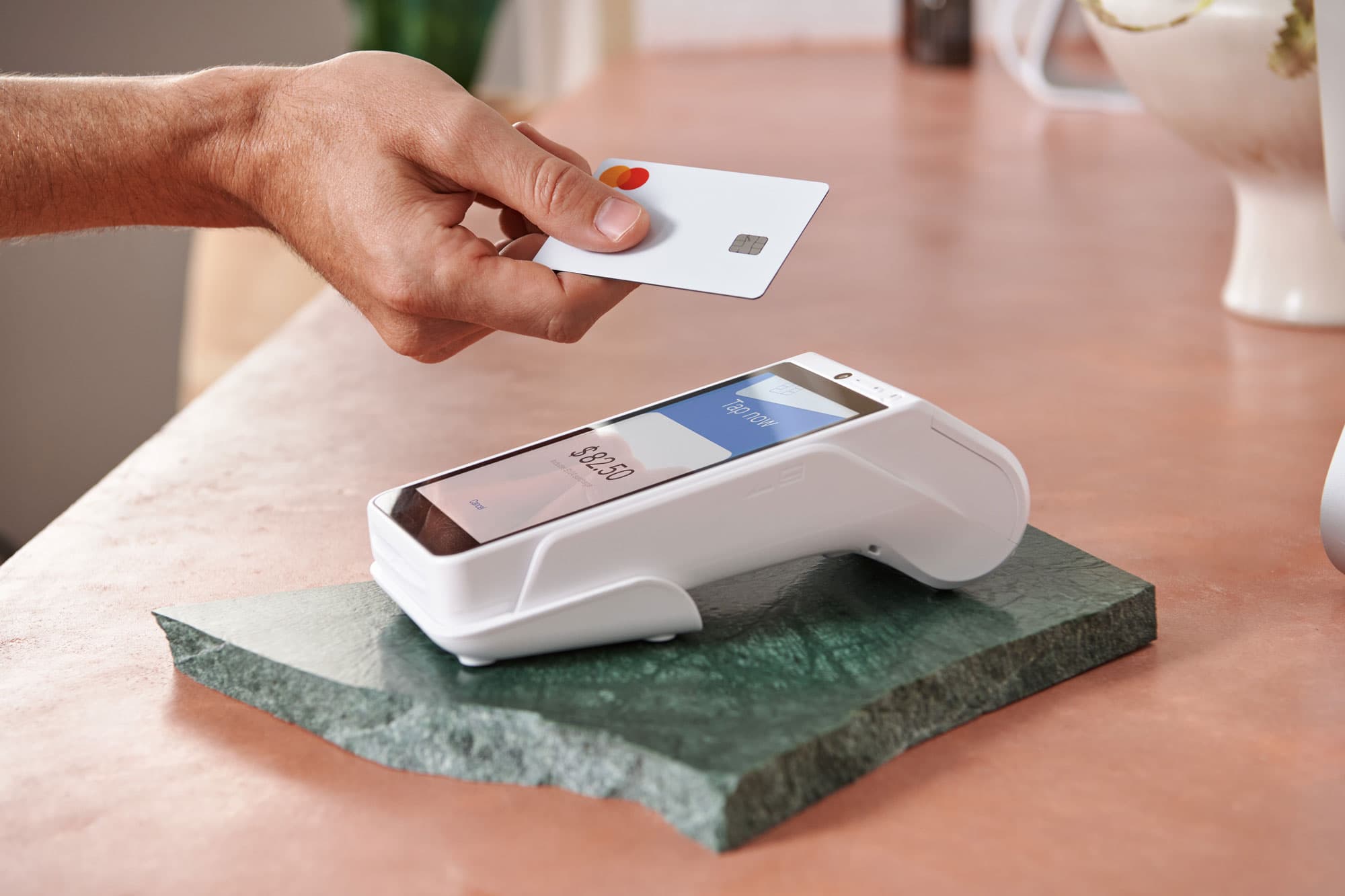
- Business Growth & Optimisation
How to Become a Sole Trader
Want to set up a business you'll run and manage yourself?
Registering as a sole trader is a great option for those wanting to start a small business and be their own boss. It's the simplest, quickest and cheapest business structure to set up, because there aren't as many legal and taxation formalities as compared to other business entities.
A sole proprietorship is also one of the most flexible types of business structure, making it an ideal starting point for new business owners. It’s common for businesses that start out as sole proprietorships to transition into another business structure as they mature and become more established operations.
Ready to fast-track your entrepreneurship and start making an income? This article will guide you through the process of becoming self-employed in Australia.
What is a sole trader?
“Sole trader” (or “sole proprietor”) is the term used for an individual running a business. It is usually considered the simplest business model, and the easiest to set up if you’re looking to start up your own business quickly.
As a sole trader, you have complete control and ownership over the business. This means you can make and implement financial and operational decisions with very few limitations. However, it’s important to remember you are also responsible for the business’s liabilities.
There are several ways that you can run a business as a sole trader. You can set yourself up as a freelancer or independent contractor, taking on projects for clients on a contract basis. Alternatively, you might run a product or services business, trading under a different business name, or you can own and operate a franchise.
Which business structure is best?
It’s important that you choose the right business structure for your business, as it will have implications on day-to-day operations as well as long-term liabilities, including:
who can make important decisions
how profits and losses are distributed
tax advantages and disadvantages
legal obligations and costs.
In Australia, there are four common business structures.
Sole trader
Partnership
Company
Trust
Sole entrepreneurship is the simplest form of business structure. It’s straightforward and inexpensive to set up — you don’t even need to register for GST unless your expected annual turnover is over $75,000. All you need is a tax file number, an ABN, and a bank account, and you’re in business. Then, when you’re ready to start selling, you’ll need an EFTPOS terminal.
While you’re not locked into your chosen business structure forever, changing structures after you’ve commenced trading can be a complex exercise. It pays to think about the future, and how your business might grow or change over time when deciding on the best structure.
To learn more about business structures and which one might be right for you, read How to Structure a New Business.
Pros and cons of being a sole trader
Setting yourself up as a sole trader may seem easy (and it is), but it pays to consider the pros and cons before making a decision on whether it’s the right structure for you.
Advantages of being a sole trader
You’re the boss. This means that you have control over all the decisions, and you get to keep all the profits from your business.
Low set-up costs. If you have limited start-up capital, becoming a sole trader is ideal — as there are minimal costs associated with registering a business.
Simple paperwork. There are very few reporting requirements as a sole trader, which keeps paperwork to a minimum. Even your tax returns are lodged using your individual tax file number, which makes things very easy to manage.
Flexibility. Changing structure or winding up your business is much simpler as a sole trader.
Disadvantages of being a sole trader
You’re vulnerable to risk. When operating as a sole trader, you are personally responsible for all debts and any tax liabilities. This means that your personal assets and savings are at risk if you get it wrong.
Taxes are your responsibility. Unless you want a nasty surprise at the end of the financial year, you’ll need to make sure you pay the right amount of tax on time.
Work/life balance. Taking time out from your business can sometimes be a challenge when you’re a sole entrepreneur.
If you plan to hire people in your business, you’ll also have the added responsibility of paying employee tax and superannuation.
Paying taxes as a sole trader
Understanding your tax obligations as a sole trader is vital. Not only will you need to know how to calculate your taxable income and how much tax you need to pay, but you’ll also need to lodge your business activity statements, report GST (if you are registered for GST), and remember important tax deadlines.
Sole traders are taxed as individuals, and your net profit or loss from business activity needs to be reported on your individual tax return each year. Small traders may also be eligible for the small business income tax offset (also known as the unincorporated small business tax discount), which can reduce the tax by up to $1,000 each year.
How to register as a sole trader
Decide on your business name. If you are not planning to use your own name for your business, then you will need to register a business name through ASIC. Ensure that the proposed business name doesn’t infringe on any trademarks by conducting an Australian Trade Mark Search.
Apply for an ABN. You can do this yourself for free.
If you don’t already have one, get a tax file number (TFN).
Check if you need any licenses or registrations. If you’re not sure what you need, contact your local council or industry association for advice.
Find the right insurance for your business. Protect yourself by making sure you carry suitable liability insurance for your trading activities. You might also consider taking out income protection insurance.
Get your finances in order. Cash flow can be a major issue for sole traders, so it pays to set up your financial systems properly from the start with an all-in-one-one system such as Zeller. Sign up for your free account and you’ll be accepting payments from your first customer in no time.
Ready to get started with Zeller?
Sign up nowChoosing to start your own business as a sole entrepreneur can bring enormous financial and emotional rewards. However, as the statistics show, it pays to do your homework before you jump headfirst into business ownership. With careful planning, and good business systems in place, you’ll set yourself up for success.
Looking for more resources? Download ASIC's First Business App — this handy tool will help you do things right the first time. Plus, Zeller's guide to building your business is packed with useful information for new and prospective business owners.



